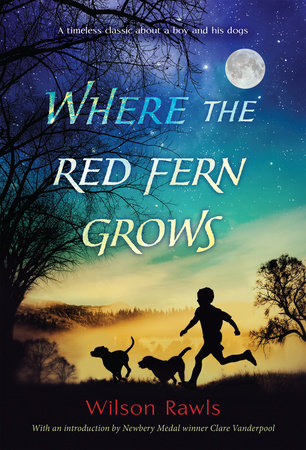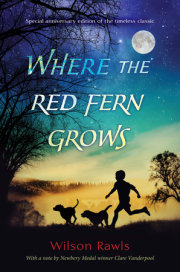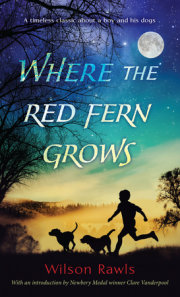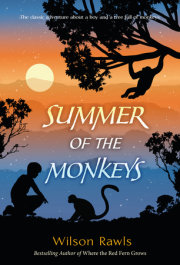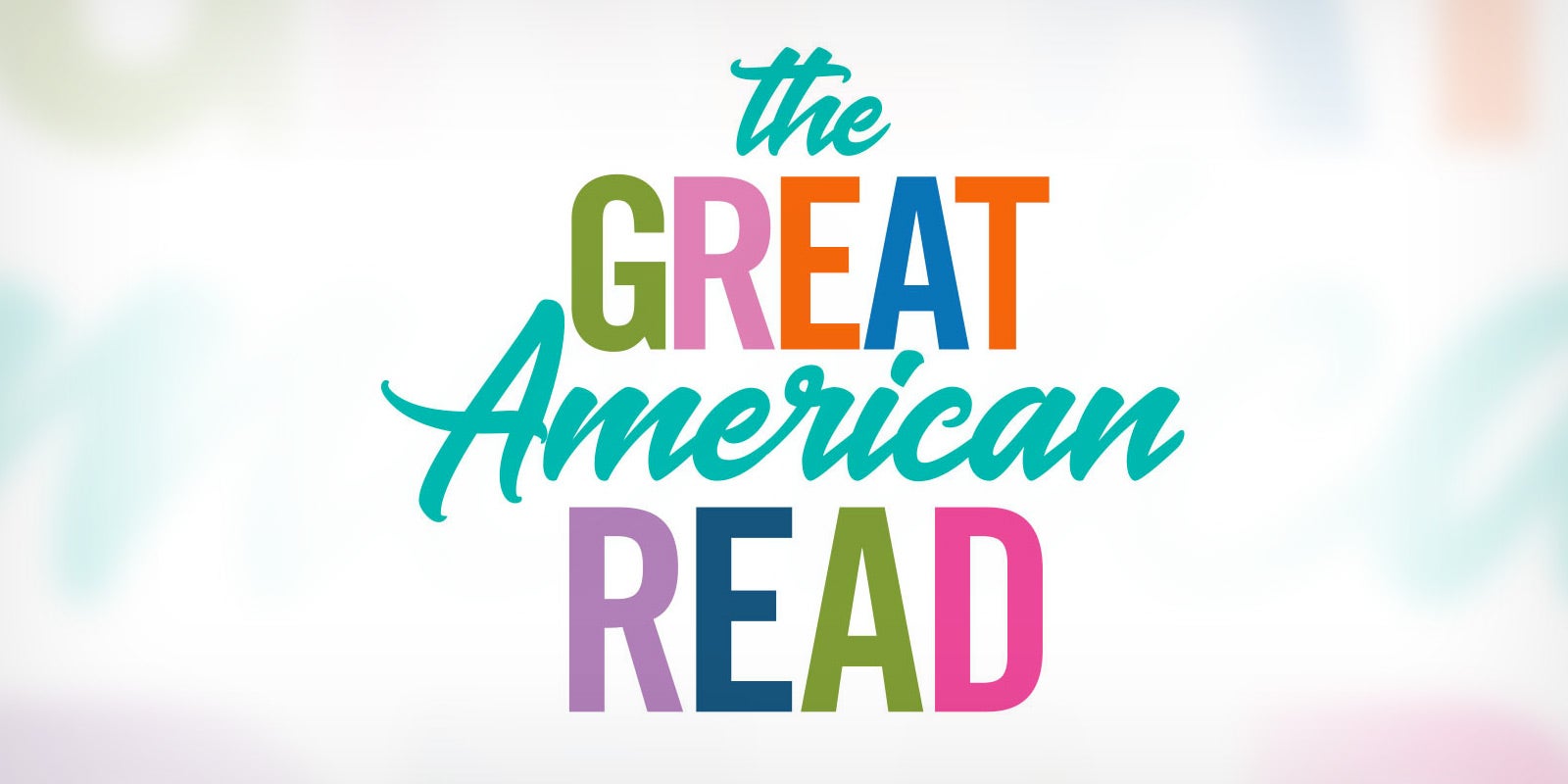When I left my office that beautiful spring day, I had no idea what was in store for me. To begin with, everything was too perfect for anything unusual to happen. It was one of those days when a man feels good, feels like speaking to his neighbor, is glad to live in a country like ours, and proud of his government. You know what I mean, one of those rare days when everything is right and nothing is wrong.
I was walking along whistling when I heard the dogfight. At first I paid no attention to it. After all it wasn’t anything to get excited about, just another dogfight in a residential section.
As the sound of the fight grew nearer, I could tell there were quite a few dogs mixed up in it. They boiled out of an alley, turned, and headed straight toward me. Not wanting to get bitten or run over, I moved over to the edge of the sidewalk.
I could see that all the dogs were fighting one. About twenty-five feet from me they caught him and down he went. I felt sorry for the unfortunate one. I knew if something wasn’t done quickly the sanitation department would have to pick up a dead dog.
I was trying to make up my mind to help when I got a surprise. Up out of that snarling, growling, slashing mass reared an old redbone hound. For a second I saw him. I caught my breath. I couldn’t believe what I had seen.
Twisting and slashing, he fought his way through the pack and backed up under the low branches of a hedge. Growling and snarling, they formed a halfmoon circle around him. A big bird dog, bolder than the others, darted in. The hedge shook as he tangled with the hound. He came out so fast he fell over backwards. I saw that his right ear was split wide open. It was too much for him and he took off down the street, squalling like a scalded cat.
A big ugly cur tried his luck. He didn’t get off so easy. He came out with his left shoulder laid open to the bone. He sat down on his rear and let the world know that he had been hurt.
By this time, my fighting blood was boiling. It’s hard for a man to stand and watch an old hound fight against such odds, especially if that man has memories in his heart like I had in mine. I had seen the time when an old hound like that had given his life so that I might live.
Taking off my coat, I waded in. My yelling and scolding didn’t have much effect, but the swinging coat did. The dogs scattered and left.
Down on my knees, I peered back under the hedge. The hound was still mad. He growled at me and showed his teeth. I knew it wasn’t his nature to fight a man.
In a soft voice, I started talking to him. “Come on, boy,” I said. “It’s all right. I’m your friend. Come on now.”
The fighting fire slowly left his eyes. He bowed his head and his long, red tail started thumping the ground. I kept coaxing. On his stomach, an inch at a time, he came to me and laid his head in my hand.
I almost cried at what I saw. His coat was dirty and mud-caked. His skin was stretched drum-tight over his bony frame. The knotty joints of his hips and shoulders stood out a good three inches from his body. I could tell he was starved.
I couldn’t figure it out. He didn’t belong in town. He was far out of place with the boxers, poodles, bird dogs, and other breeds of town dogs. He belonged in the country. He was a hunting hound.
I raised one of his paws. There I read the story. The pads were worn down slick as the rind on an apple. I knew he had come a long way, and no doubt had a long way to go. Around his neck was a crude collar. On closer inspection, I saw it had been made from a piece of check-line leather. Two holes had been punched in each end and the ends were laced together with bailing wire.
As I turned the collar with my finger, I saw something else. There, scratched deep in the tough leather, was the name “Buddie.” I guessed that the crude, scribbly letters had probably been written by a little boy.
It’s strange indeed how memories can lie dormant in a man’s mind for so many years. Yet those memories can be awakened and brought forth fresh and new, just by something you’ve seen, or something you’ve heard, or the sight of an old familiar face.
What I saw in the warm gray eyes of the friendly old hound brought back wonderful memories. To show my gratitude, I took hold of his collar and said, “Come on, boy, let’s go home and get something to eat.”
He seemed to understand that he had found a friend. He came willingly.
I gave him a bath and rubbed all the soreness from his muscles. He drank quarts of warm milk and ate all the meat I had in the house. I hurried down to the store and bought more. He ate until he was satisfied.
He slept all that night and most of the next day. Late in the afternoon he grew restless. I told him I understood, and as soon as it was dark, he could be on his way. I figured he had a much better chance if he left town at night.
That evening, a little after sundown, I opened the back gate. He walked out, stopped, turned around, and looked at me. He thanked me by wagging his tail.
With tears in my eyes, I said, “You’re more than welcome, old fellow. In fact, you could’ve stayed here as long as you wanted to.”
He whined and licked my hand.
Copyright © 2016 by Wilson Rawls. All rights reserved. No part of this excerpt may be reproduced or reprinted without permission in writing from the publisher.




